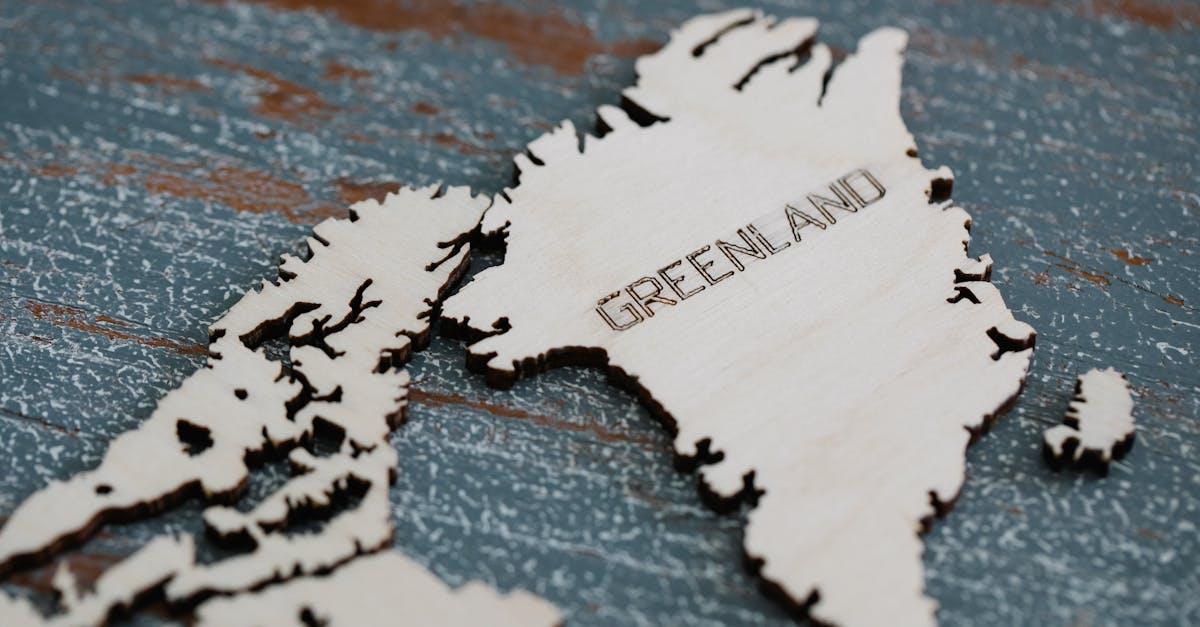Is Greenland a Country? Discover the Facts About Its Political Status and Autonomy
Greenland, the world’s largest island, is often a subject of curiosity when it comes to its political status and governance. Many people wonder: Is Greenland a country? The answer is both yes and no—while Greenland enjoys self-rule and autonomy, it is not an independent nation. Instead, it is an autonomous territory within the Kingdom of Denmark.
Understanding Greenland’s unique political status requires a look at its history, governance, independence movement, and international role.
For a detailed exploration of Greenland’s political status, check out this comprehensive article.
Greenland’s Historical Connection to Denmark
Greenland has been politically linked to Denmark for over 300 years, with its governance evolving over time.
1. Greenland as a Danish Colony (1721–1953)
- Greenland was colonized by Denmark in 1721, when Norwegian missionary Hans Egede established a settlement to spread Christianity and reconnect with Norse settlers (who had disappeared centuries earlier).
- By 1814, Greenland became an official Danish colony.
- Greenland remained under full Danish control until 1953, when Denmark formally integrated Greenland into its kingdom, making it a province.
2. Home Rule and the Path to Autonomy (1979–Present)
- In 1979, Greenland was granted Home Rule, allowing it to govern many domestic affairs while still being part of Denmark.
- In 2009, Greenland achieved Self-Government, transferring additional powers from Denmark to Greenland, including control over the police, courts, and natural resources.
Despite these advances, Denmark still oversees Greenland’s foreign policy, defense, and financial aid.
For more insights into Greenland’s historical connection to Denmark, visit this detailed guide.
How Is Greenland Governed Today?
Even though Greenland is not an independent country, it has its own government and parliament, allowing it to make many domestic decisions.
1. The Greenlandic Government
Greenland operates under a parliamentary system, with:
- The Inatsisartut (Parliament): A democratically elected body responsible for making laws on education, health, fishing, and economy.
- The Naalakkersuisut (Government of Greenland): The executive branch, led by the Prime Minister.
- The Danish Government: Still controls foreign relations, defense, and currency.
Greenlandic is the official language, replacing Danish in 2009 as part of self-governance efforts.
Is Greenland Moving Toward Full Independence?
1. The Greenlandic Independence Movement
While Greenland is not yet independent, there is a strong movement for full sovereignty. The 2009 Self-Government Act explicitly states that Greenland has the right to become fully independent if its people vote for it.
2. Economic Challenges to Independence
- Greenland relies on a financial subsidy from Denmark—about 3.9 billion DKK ($600 million) annually, which funds essential services.
- The fishing industry makes up over 90% of Greenland’s exports, but many Greenlandic politicians believe new industries like mining and tourism could support economic independence.
- Climate change is opening up Greenland’s Arctic resources, making it more attractive to foreign investors.
While Greenland’s self-rule is expanding, full independence depends on economic sustainability.
Greenland’s Role in International Relations
Despite being politically tied to Denmark, Greenland has an important international presence, especially in the Arctic region.
1. Membership in International Organizations
- Greenland is part of the Arctic Council, which governs Arctic affairs.
- It is associated with Nordic cooperation organizations.
- While it is not a member of the European Union (EU), Greenland has special agreements with the EU, mainly related to trade and fisheries.
2. Strategic Importance
- The United States operates Thule Air Base in Greenland, a key military base in the Arctic.
- In 2019, former U.S. President Donald Trump expressed interest in buying Greenland, but the Greenlandic and Danish governments firmly rejected the idea.
Greenland’s location and resources make it a strategic player in global affairs, even without full independence.
Is Greenland Considered a Country?
| Factor | Greenland’s Status |
|---|---|
| Sovereignty | Autonomous territory under Denmark |
| Government | Has its own parliament and prime minister |
| Foreign Affairs | Controlled by Denmark |
| Defense & Military | Controlled by Denmark and NATO |
| Currency | Uses the Danish krone (DKK) |
| Official Language | Greenlandic (Kalaallisut) |
So, Is Greenland a Country?
No, Greenland is not a fully independent country, but it functions like one in many ways.
Frequently Asked Questions About Greenland’s Political Status
Q: Will Greenland Become an Independent Country?
Possibly. Greenland has the legal right to independence, but it depends on its economy.
Q: Does Greenland Have Its Own Military?
No. Denmark provides military protection, and Greenland is part of NATO.
Q: Can Greenland Make Its Own Laws?
Yes! Greenland’s parliament controls most domestic affairs, except foreign policy and defense.
Q: Does Greenland Use the Danish Krone or Have Its Own Currency?
Greenland uses the Danish krone (DKK), as it does not have its own currency.
Final Thoughts: Is Greenland a Country?
So, is Greenland a country? The answer is complicated.
- Greenland is an autonomous territory with self-rule, but it is not a fully independent country.
- Denmark still controls foreign affairs, defense, and economic aid.
- Many Greenlanders support full independence, but the economy must become more self-sufficient first.
- Greenland participates in international organizations, making it a unique political entity.
For a deeper look into Greenland’s fascinating political status, check out this in-depth article.
